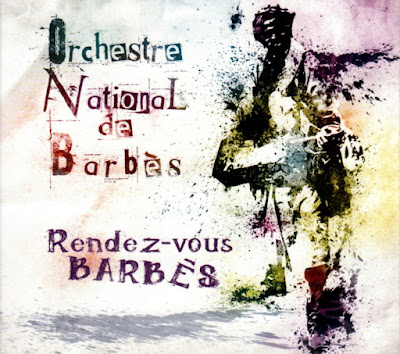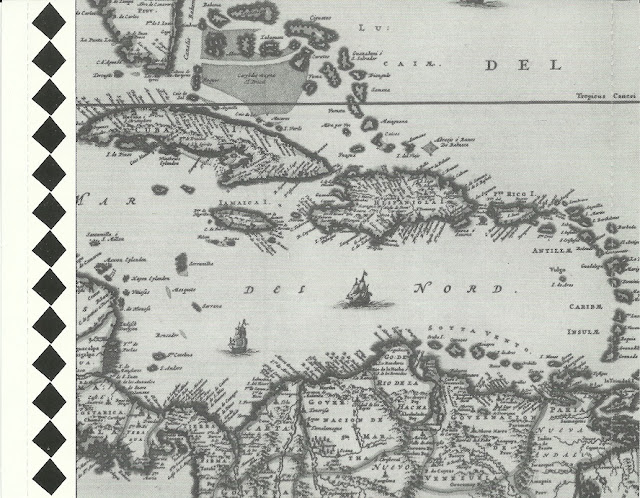Youssou N'Dour - Africa Rekk - Senegal - 2016
Some of the most exciting sounds to come out of Africa in the late 1980s and 1990s were produced by Senegalese-born vocalist Youssou N'Dour. Although rooted in the traditional music of his homeland, N'Dour constantly sought new means of expression. In addition to recording as a solo artist, N'Dour collaborated with a long list of influential artists including Paul Simon, Peter Gabriel, Neneh Cherry, and Branford Marsalis. A native of Dakar's impoverished Media section, N'Dour inherited his musical skills from his mother, a griot (oral historian) who taught him to sing as a child. Before his teens, N'Dour joined Dakar's popular Star Band at the age of 19. Within two years, he had assumed leadership of the group, which he renamed Super E'toile de Dakar. With the band accompanying their four- or five-octave vocals, N'Dour helped pioneer mbalax, an uptempo mix of African, Caribbean and pop rhythms. First performing in Europe in 1984, Dakar's N'Dour and Super E'toile made their North American debut the following year. N'Dour's talents soon attracted the support of top musicians. In 1986, his vocals were featured on Paul Simon's Graceland and Peter Gabriel's So. He subsequently traveled the world as an opening act for Gabriel. His biggest exposure came when he agreed to co-star, along with Gabriel, Bruce Springsteen, Sting and Tracy Chapman, in Amnesty International's Human Rights section. He toured in 1988. The same year, he performed at the well-known birthday concert for South African activist (and president) Nelson Mandela at Wembley Stadium in London. N'Dour cemented his reputation in 1989, when he released his first internationally distributed album, The Lion, which featured a tune, "Shaking the Tree," that he co-wrote with Gabriel. After signing with Spike Lee's Columbia label 40 Acres & a Mule, distributed on Columbia, N'Dour earned a Grammy nomination in 1991 with his first effort on the Eyes Open label. He continued to seek new opportunities for his creativity, including an African opera that premiered at the Paris Opera in July 1993. Recorded in Senegal, N'Dour's album The Guide, released in 1994, featured his duet with Swedish vocalist Neneh Cherry, "Seven Seconds". A series of greatest hits packages, reissues, singles and even a few full-lengths - including a handful of Nonesuch, 2002's Nothing's in Vain, 2004's Egypt and 2007's Rokka Mi Rokka, issued in the late '90s and on the next century, with N'Dour working with artists from Etoile de Dakar to Gabriel. Grammy-winning Egypt caused a cultural and political stir when it was released during the month of Ramadan. A documentary DVD focusing on the whole affair, Youssou N'Dour: I Bring What I Love, appeared in early 2010 and included a biography of N'Dour's career, as well as extensive concert footage and a N'Dour film. working on the Egypt project.
01. Gorée 02. Bull Ko Door 03. Be Careful 04. Jeegel Nu 05. Conquer the World (feat. Akon) 06. Exodus 07. Ban La (feat. Fally Ipupa) 08. Oumar Foutiyou Tall 09. Dawal (feat. Spotless) 10. Serin Fallu 11. Food For All 12. Money Money
































